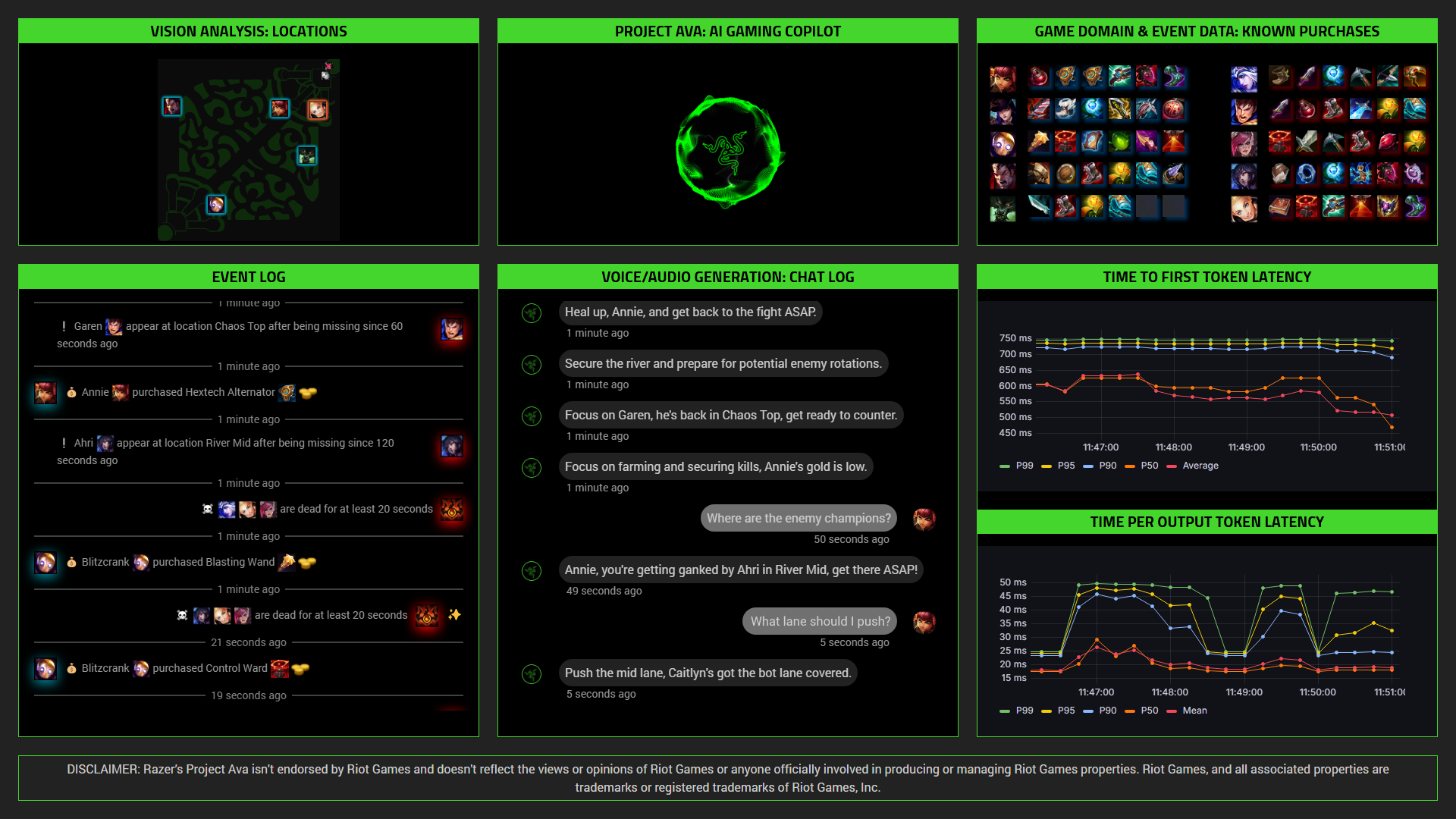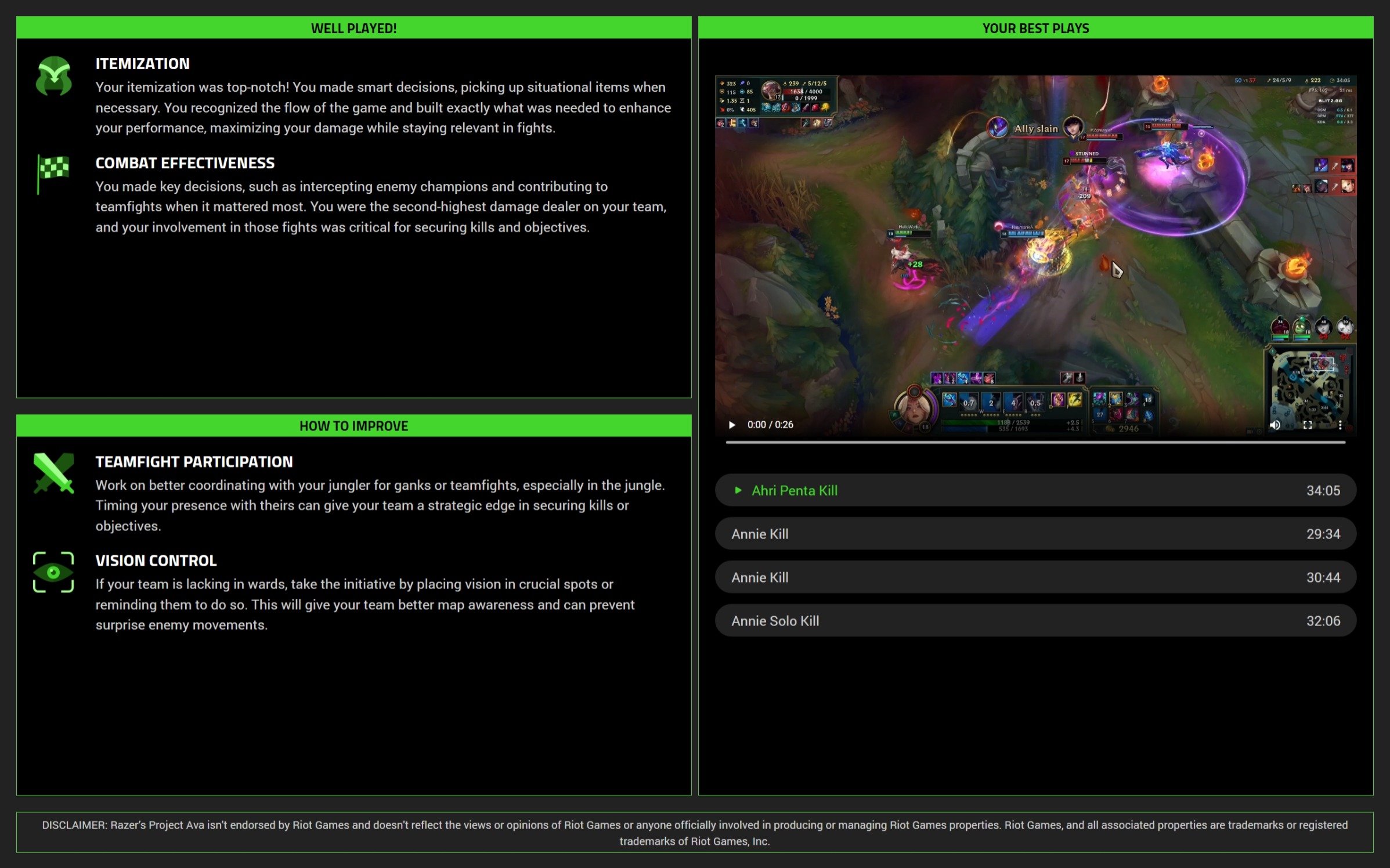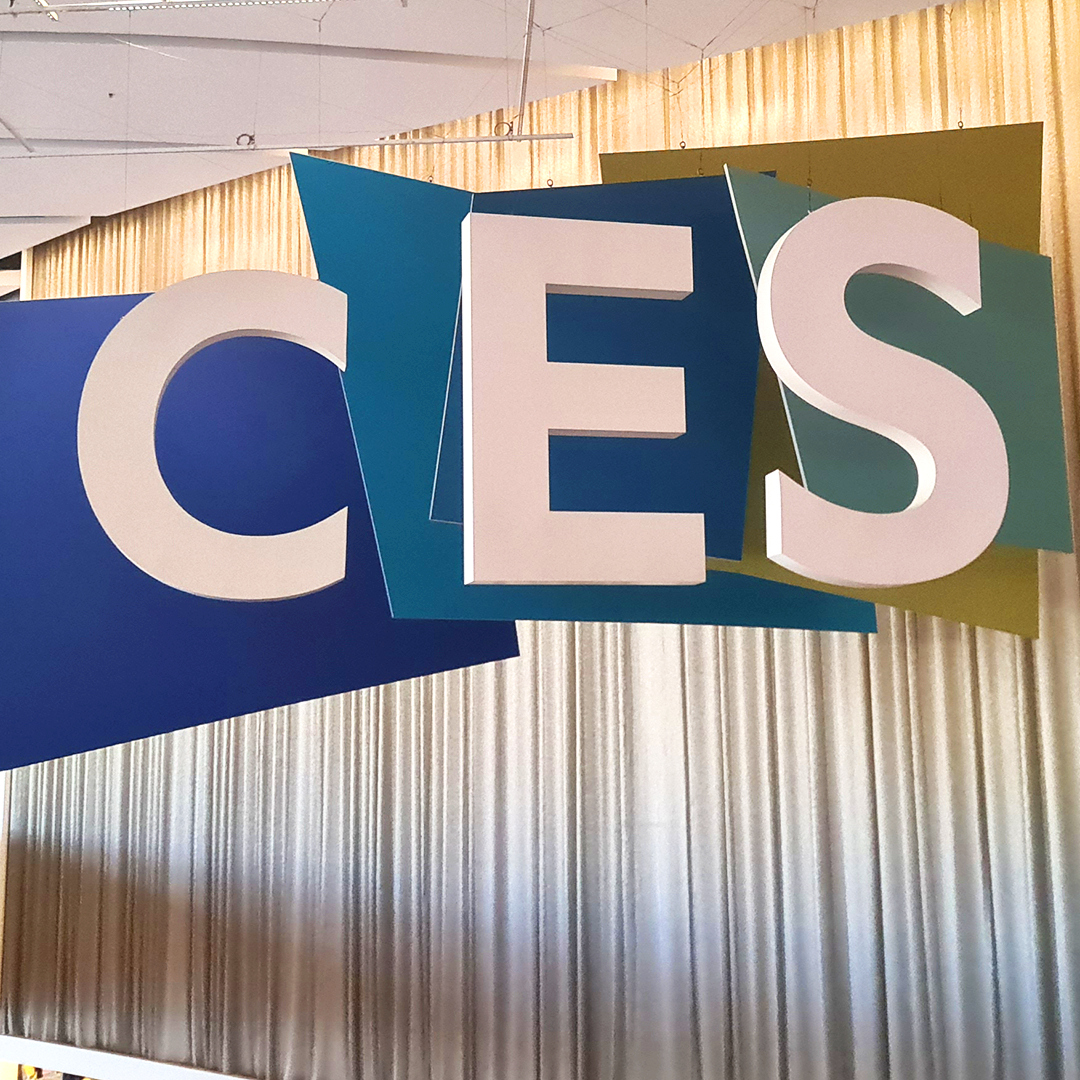Well, we all knew CES 2025 was going to be chock full of AI, didn’t we? So it’s not too surprising that we’re seeing it rammed into every proverbial nook and cranny, even those that surely nobody could want.
Razer’s “Project Ava” is one such AI implementation that, at first glance, boggles and baffles. That’s because it’s essentially a backseat gamer, and it seems Razer might have missed the memo that “backseat gamer” is usually a derogatory term.
But that’s not entirely fair, because initial impressions aside, and as much as it pains me to say it about anything AI, Project Ava might have some genuine benefit for gamers. Project Ava, Razer says, can act as “the ultimate AI esports coach” and an “all-knowing AI game guide”. It’s essentially an AI assistant that monitors your gameplay and gives you vocalised hints in real time.
The idea is that it can pull from lots of different sources to give you real-time advice while gaming, whether that’s in a single-player game like Black Myth: Wukong or an esports title you might need a hand with.
The bot, Razer says, offers “expert AI advice that draws from a wealth of community wisdom and knowledge bases. This allows gamers to stay fully immersed in the challenge without ever having to tab out. Gamers can bring up Ava while they are taking a quick break, hear Ava in their headset while they are in the action, or keep it simple with a chatbox. Whatever the choice, Ava is always game to help users win.”


Project Ava also includes AI-aided single-click PC and game optimisation, but that’s less interesting to me than all this backseat gaming malarkey. Malarkey, that is, which the more cynical might consider to be a form of cheating.
At the very least, Project Ava raises questions about where we want to draw the boundary between simple assistance and cheating. After all, one can have a build guide up to read while playing League of Legends, and we usually consider that to be fine. Does that assessment change if we have a bot vocally telling us what to buy and where to go?
I don’t have an answer to that, but I imagine as more and more tools like this inevitably crop up, we’ll be seeing ongoing debates about these things. (I should also note that although Razer demonstrated Project Ava with League of Legends, Razer says Project Ava isn’t endorsed by Riot Games.)
It might, for instance, be most legitimately used while playing solo for practice. Thinking back to my Starcraft 2 days, I would certainly have benefitted from a real-time vocalisation of a chosen build order while playing, or even just a “probes and pylons” reminder. But I’m not sure how I’d feel about having access to that during a live 1v1.
There’s also the fact that, while we found Project Ava worked well in Razer’s demo, it does seem to pull game guide data straight from the net for reference. Which is fine, I suppose, as those guides are public, but it brings up the same old “Should AI be able to repackage human-made content?” debates we’re all already used to.
It doesn’t only pull from guide data, though. Razer says Ava considers pro player/coach insights, real-time event logs, item purchase history, public games played, public game guides/data, player gameplay style, player settings, and voice prompts. It works its AI magic on all that and spits out its in-game text, voice advice, or post-game analysis.
If this is a sign of things to come in 2025, AI might really have us in for a brave new world of PC gaming before too long. Let’s just hope it comes across as more “helpful coach” than “backseat gamer” in practice.












